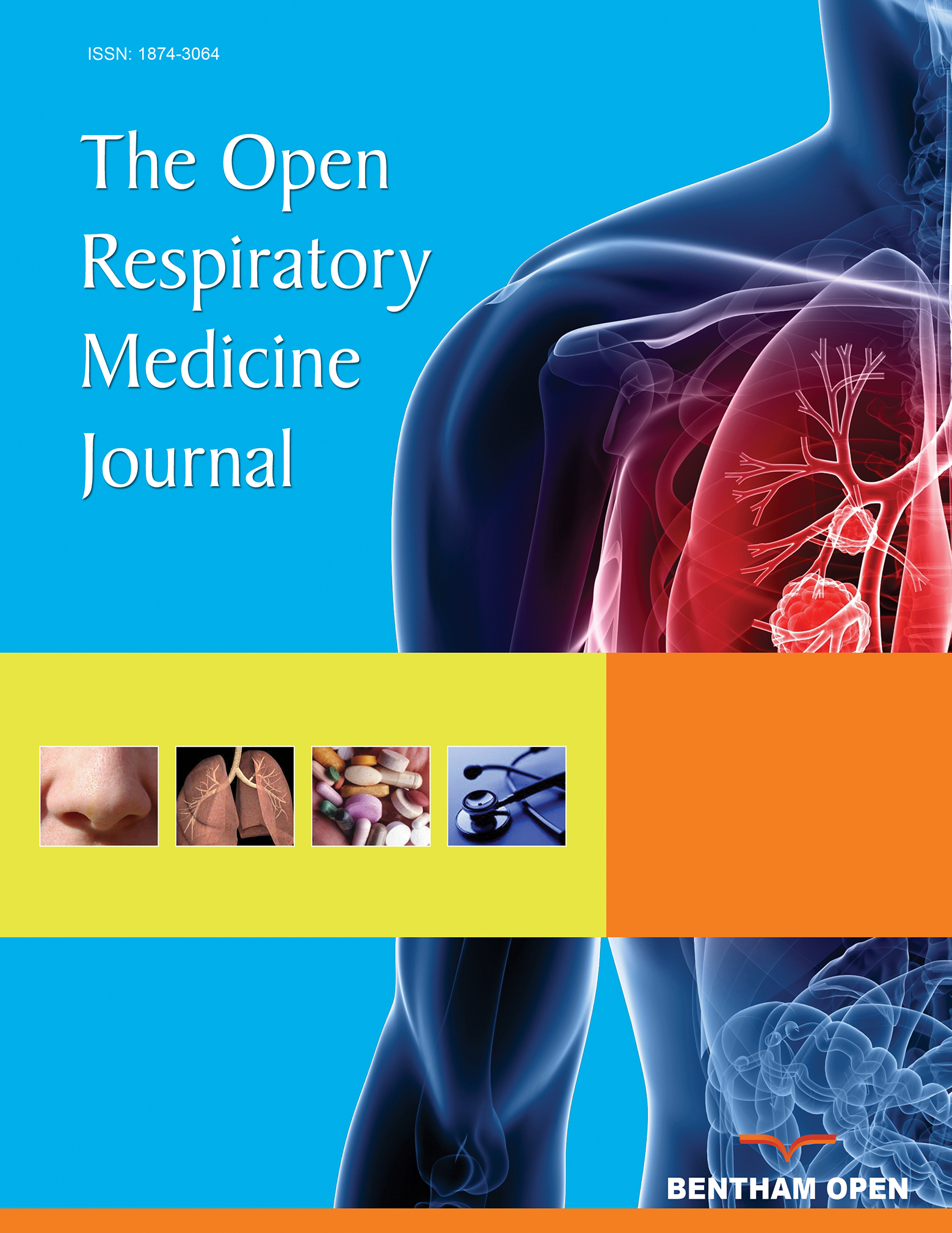All published articles of this journal are available on ScienceDirect.
Surgical versus Non-Surgical Management of Obstructive Sleep-disordered Breathing in Children: A Meta-analysis
Abstract
Background:
Obstructive sleep-disordered breathing (OSDB) is a term for several chronic conditions in which partial or complete cessation of breathing occurs many times throughout the night, resulting in fatigue or daytime sleepiness that interferes with a person’s functions and reduces the quality of life.
Objective:
Comparing the effectiveness of surgical versus non-surgical treatment of OSDB in children in clinical trials through a meta-analysis study.
Patients and Methods:
A number of available studies and abstracts concerning the surgical versus non-surgical treatment of OSDB in children were identified through a comprehensive search of electronic databases. Data were abstracted from every study in the form of a risk estimate and its 95% confidence interval.
Results:
The current study revealed that there was a statistically significant improvement in the surgically treated patients rather than non-surgically treated patients regarding the quality of life.
Conclusion:
The current meta-analysis reports a significant clinical improvement in the surgical (adenotonsillectomy) group as compared to the non-surgical group, in terms of disease specific quality of life, and healthcare utilization in spite of the availability of only one study.


